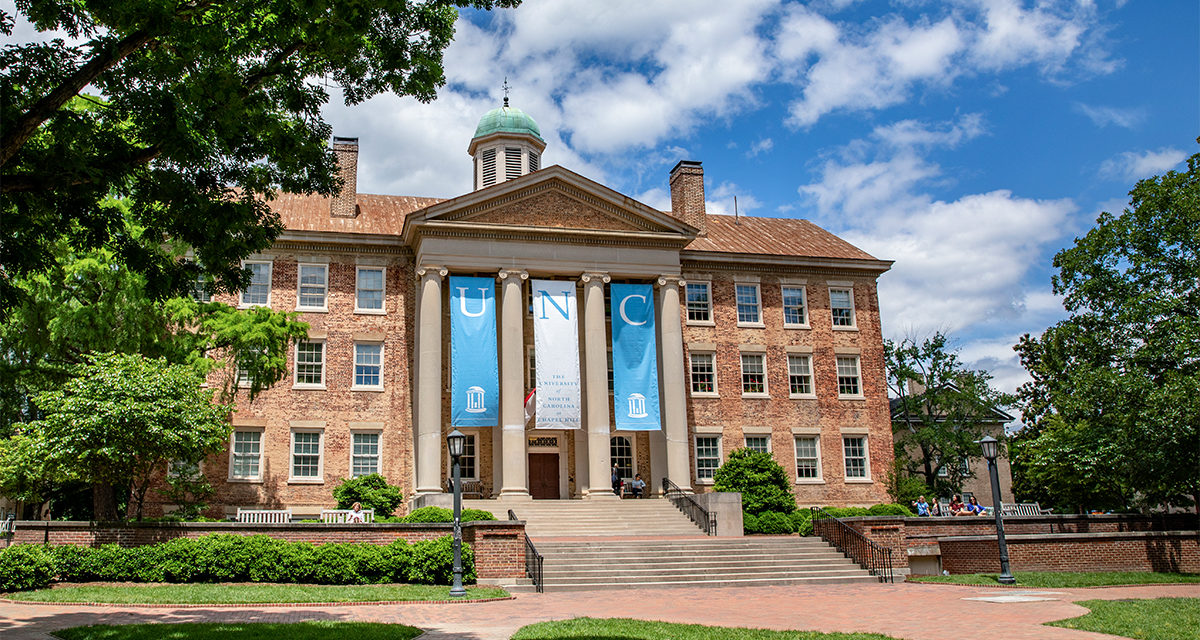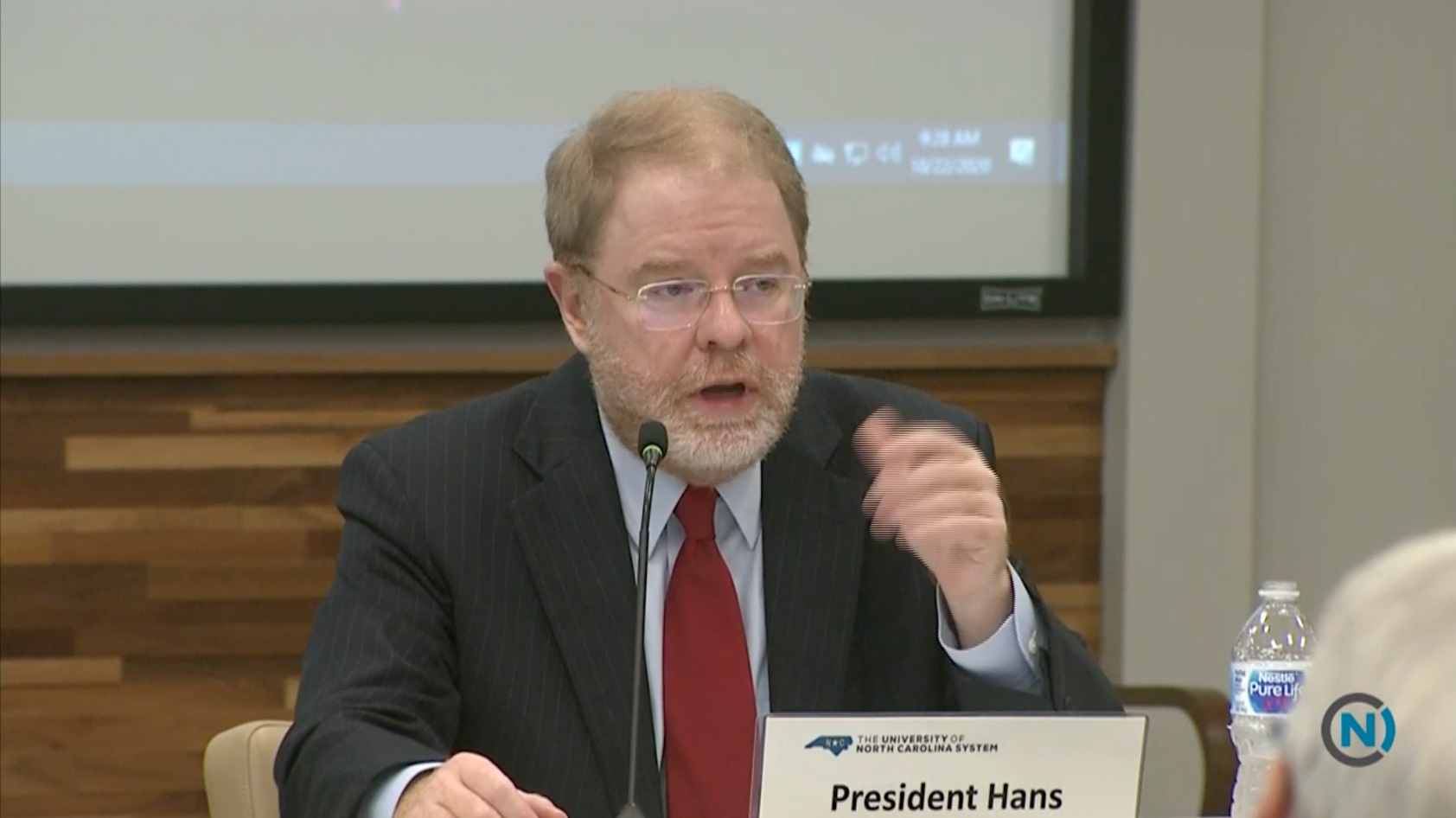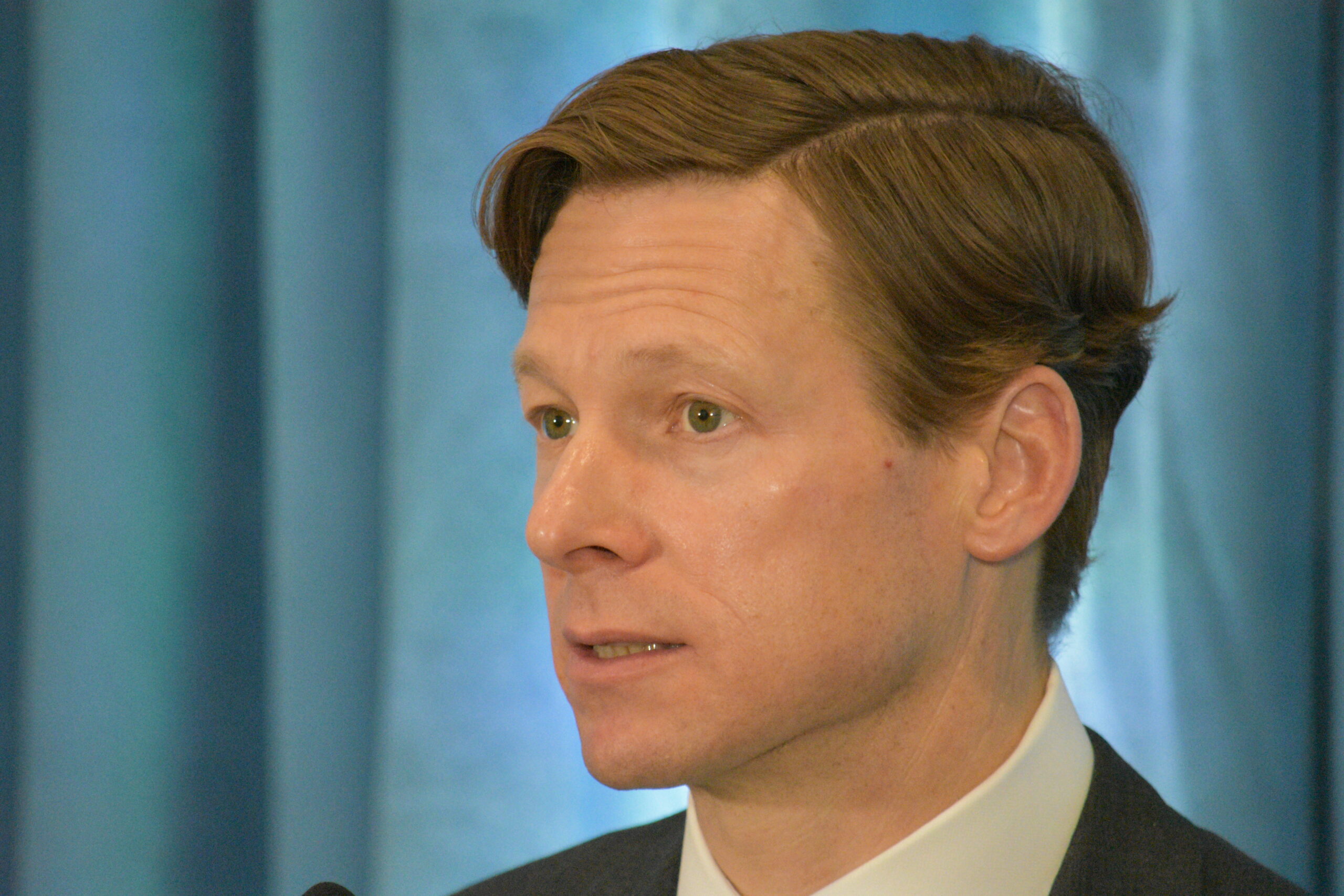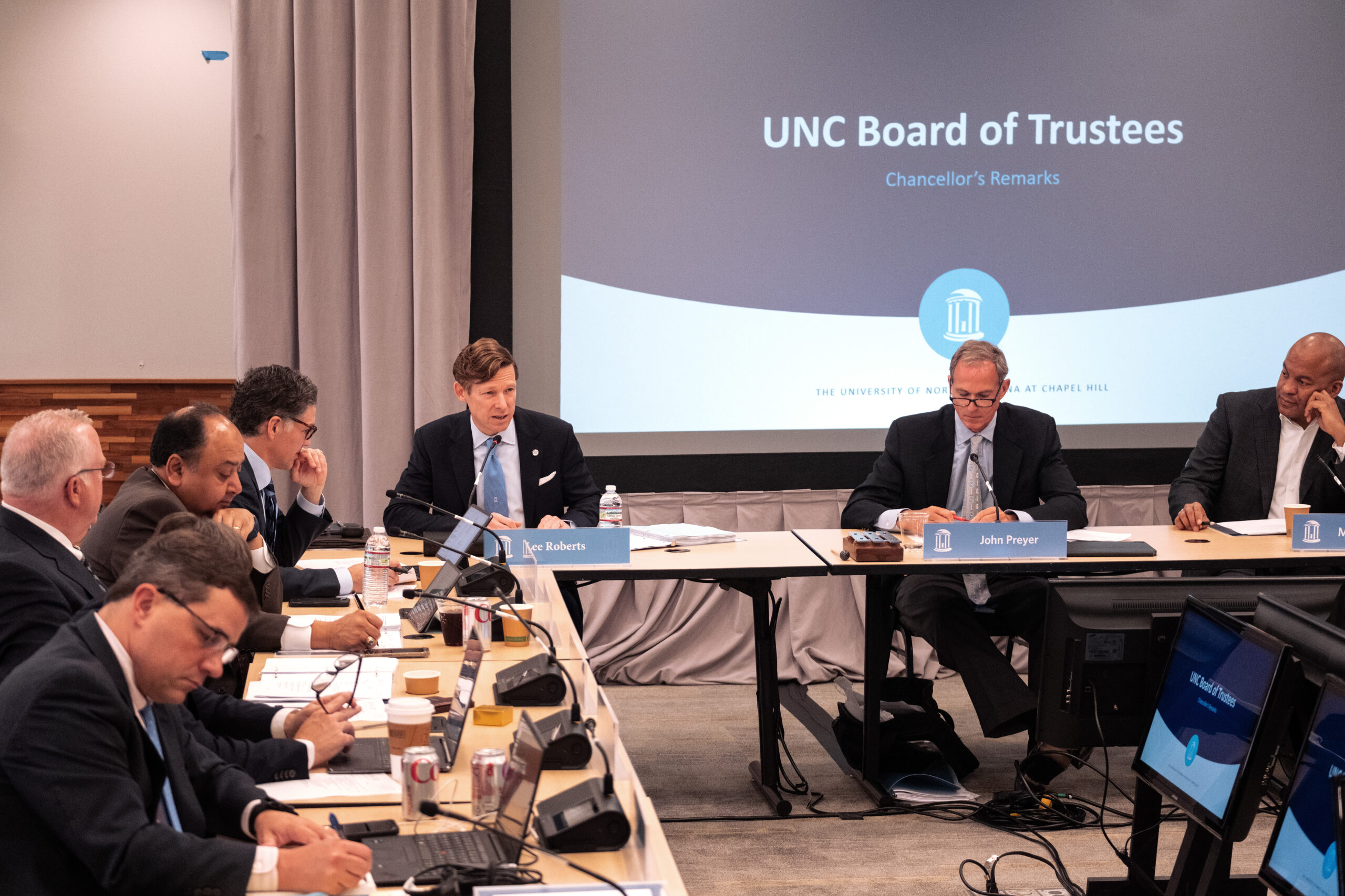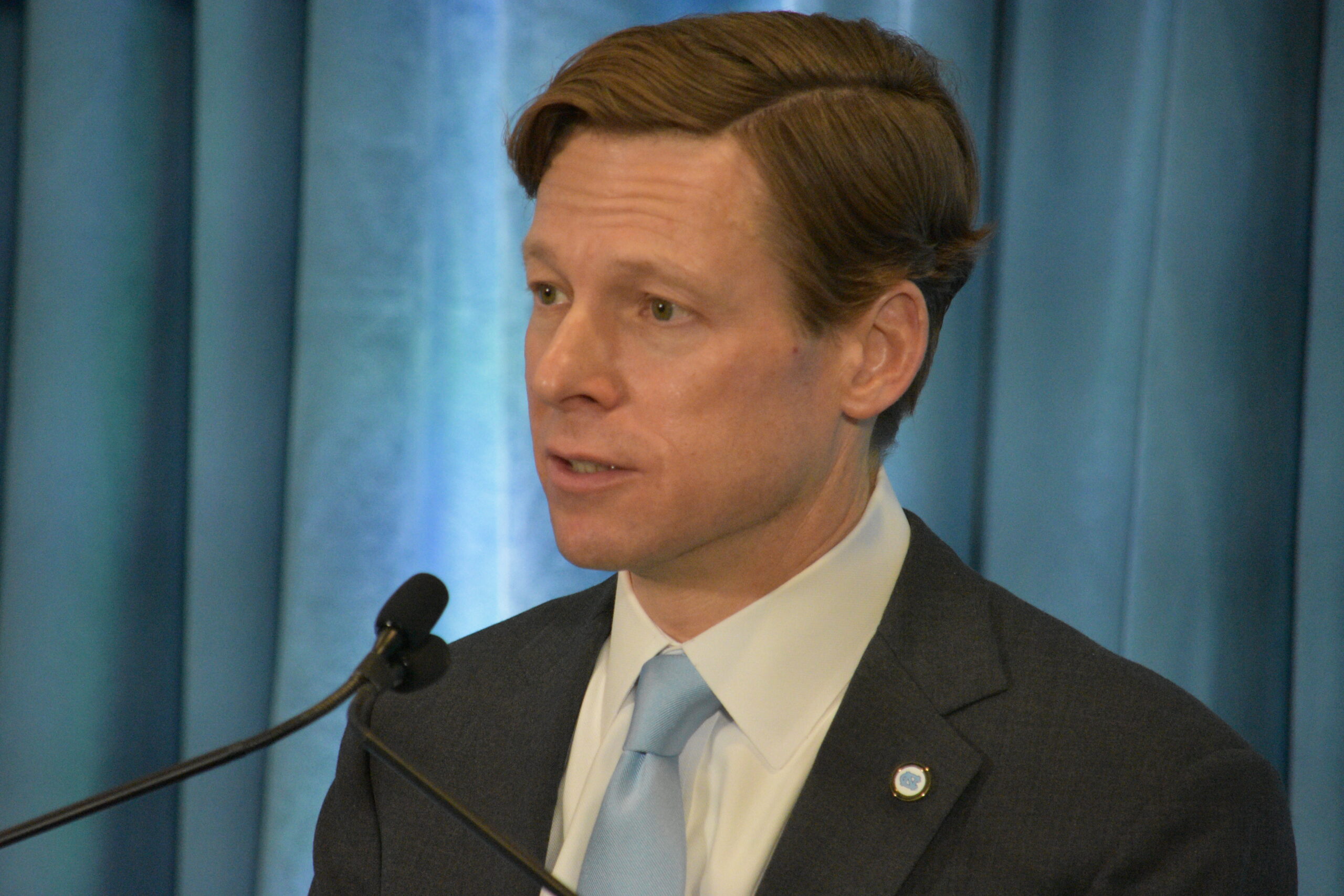Editor’s note: This story has been updated to clarify that the power to mandate a COVID-19 vaccine at public universities is held by the North Carolina Commission for Public Health, which adheres to state law.
A group of UNC alumni, faculty, students, and staff are coming together to stop what they say are political influences in campus decisions.
The Coalition for Carolina launched publicly this month with its own website, social media and a full-page advertisement in the Carolina Alumni Review titled, “What the hell is going on in Chapel Hill?”
The coalition’s mission is to “support and defend the University of the People and its independence from partisan interference.” Its formation stems from what is described as “a series of embarrassing episodes,” including the handling of the Silent Sam Confederate monument, re-opening plans and vaccine protocols during the COVID-19 pandemic and the Nikole Hannah-Jones tenure controversy.
UNC professor and faculty chair Mimi Chapman first proposed the idea for this group in an op-ed in The Daily Tar Heel in July. There, she criticized the lack of authority and autonomy Chancellor Kevin Guskiewicz and other campus leaders have when making decisions that affect the campus community.
“It is helpful just simply to bring the architecture of this out into the light and have people understand where decisions are being made and what constraints different decision-makers have,” Chapman said. “Then [we hope they will] think about if that’s what they really want.”
How authority is delegated on campus has recently been pushed into the spotlight amid the COVID-19 pandemic. While both UNC faculty and students have called for a vaccine mandate or mandatory proof of vaccination, that authority lies with the North Carolina Commission for Public Health, which at present doesn’t require a COVID vaccine. That commission is authorized and directed by the N.C. General Assembly, which is currently controlled by the Republican Party.
While the campus community has asked the UNC Board of Governors, which oversees the entire 17-school UNC System, to enact its own vaccine mandate, UNC System President Peter Hans said, “I can’t delegate legal authority I don’t posses.”
In July, the Board of Governors mandated all campuses to create maps of where power is delegated, which they’ll be taking up from each university’s Board of Trustees next month.
Former chair of the UNC Board of Trustees Roger Perry said the long-term vision of the coalition is to protect the state’s most valuable asset: the University of North Carolina at Chapel Hill.
“In its core mission, Carolina is performing extraordinarily well, but it’s fragile just like everything else,” Perry said. “So, our goal is to protect that. To protect the team of administrators and faculty that are doing such a remarkable job. And hopefully to bring some kind of public awareness of what has gone on with this ideological interference that has occurred over the last 10 years and seems to be accelerating.”
Next steps for the coalition include continuing to educate the public on how UNC and university governance works. Chapman said when there is fragility in how these sorts of decision-making structures operate, it “erodes morale” on campus and threatens the desire for faculty to stay – which was illustrated when Nikole Hannah-Jones declined a position at Carolina.
“Our faculty are already so poachable because we have such a great faculty and their compensation is not equivalent to many of our peer institutions,” Chapman said. “So, people are often coming after our faculty members, or other institutions are, and so when things are in constant turmoil on campus and you don’t exactly know who is making what decisions, those offers become more attractive.”
Lead photo via Johnny Andrews/UNC-Chapel Hill.
Chapelboro.com does not charge subscription fees. You can support local journalism and our mission to serve the community. Contribute today – every single dollar matters.

